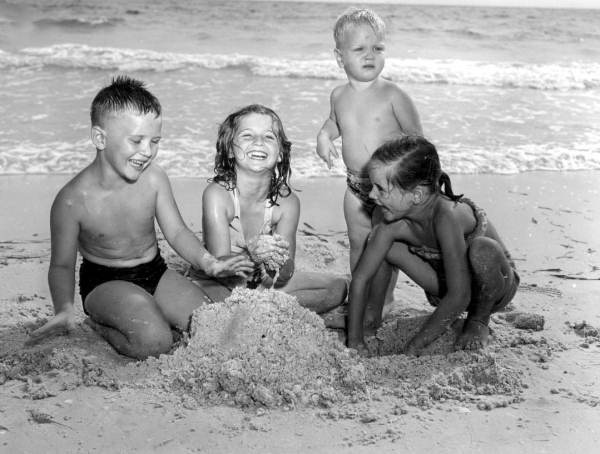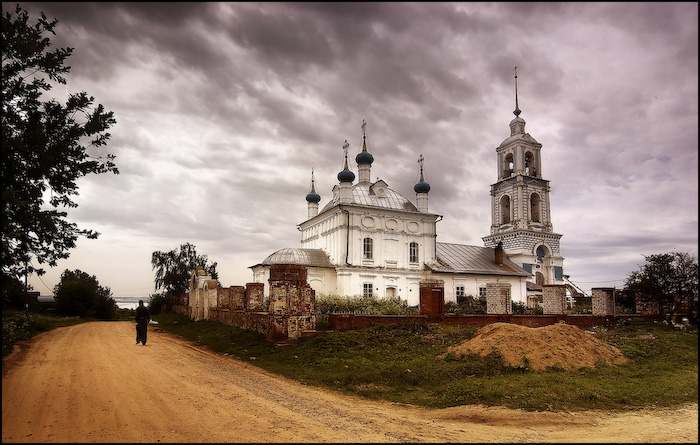For this week, I want to do something a bit different and more structured. Some of you may find this "restricting" and maybe even more difficult than a straight-forward opinion piece, but I think it will help you focus on structure and paragraph concision, and force you to think about the many dualities of "Araby." As with most short stories in this class, there is plenty of ambiguity with Joyce where one can offer a "claim."
Similar to a fill-in-the-blank exercise, I'd like you to write a developed paragraph (almost like a mini-essay) that consists of 5 lead sentences that will soundly develop your opinion. You are allowed to tack on added sentences before you elaborate the others if you need them (so you don't blather on in massive run-on sentences); BUT you must use these 5 sentences and have them appear in this order. Your paragraph should end up fairly long.
Sentence #1:
From a distance, James Joyce’s "Araby" might appear .....
In this first sentence, you will get to a direct point very clearly and concisely. Your job is to finish that sentence in your own words with a reasonable "claim" that pinpoints an issue of contention about “Araby.” Be clear, but don't be general.
Similar to a fill-in-the-blank exercise, I'd like you to write a developed paragraph (almost like a mini-essay) that consists of 5 lead sentences that will soundly develop your opinion. You are allowed to tack on added sentences before you elaborate the others if you need them (so you don't blather on in massive run-on sentences); BUT you must use these 5 sentences and have them appear in this order. Your paragraph should end up fairly long.
Sentence #1:
From a distance, James Joyce’s "Araby" might appear .....
In this first sentence, you will get to a direct point very clearly and concisely. Your job is to finish that sentence in your own words with a reasonable "claim" that pinpoints an issue of contention about “Araby.” Be clear, but don't be general.
Sentence #2:
After all, when the nameless narrator .....
Developing the often overlooked contention of the first sentence, you are now going to establish why we need to dig deeper into the subtle subtext.
After all, when the nameless narrator .....
Developing the often overlooked contention of the first sentence, you are now going to establish why we need to dig deeper into the subtle subtext.
Sentence #3:
However, on the other hand, ....
You are now going to complicate your contention with a contrasting notion that shows your level of thought. There are many conflicting things at work in Joyce's tale, and you have to illuminate the depth.
However, on the other hand, ....
You are now going to complicate your contention with a contrasting notion that shows your level of thought. There are many conflicting things at work in Joyce's tale, and you have to illuminate the depth.
Sentence #4:
Therefore, it is perhaps more accurate to assume that "Araby" ....
Conclude this sentence with your official claim that reveals an isolated area of subtext. This sentence should capitalize on what the former ones have set up. Set up your claim.
Therefore, it is perhaps more accurate to assume that "Araby" ....
Conclude this sentence with your official claim that reveals an isolated area of subtext. This sentence should capitalize on what the former ones have set up. Set up your claim.
Sentence #5
In this sense, ....
Work towards your conclusion and support sentences that back your claim. Explore it. You may wish to describe a literary device or something that Joyce did, and why he might have done it. This is your time to sound like Mr. Tame and Mr. Tweedie.




